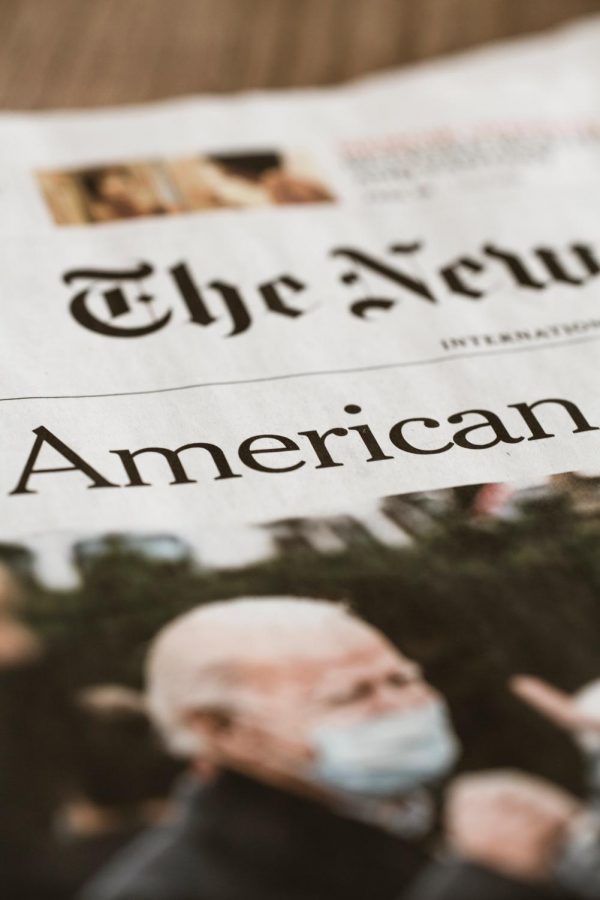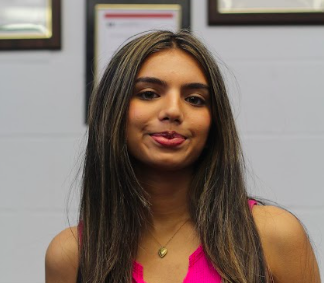Democracy decides, not debates
UNSPLASH PHOTO COURTESY OF MARKUS SPISKE
American politics are evolving past the need of political debates. https://unsplash.com/license
November 25, 2020
We have progressed past the need for Presidential Debates
“Will you shut up, man,” Joseph Biden uttered to President Donald Trump just twenty minutes into the first presidential debate of the 2020 election.
The first debate of 2020 rewarded the American people with precisely the opposite of what we were looking for in a president. Instead of showcasing intelligence, knowledge and empathy, the debate came close to resembling a professional wrestling match. Witty remarks were thrown around by both candidates and viewers at home didn’t know whether to laugh or cry.
The climate of recent presidential debates makes them no longer helpful to undecided voters. This small section of voters is typically the target audience of presidential debates, but it’s unclear whether the back and forth helps to distill anything for people who haven’t backed a candidate yet. A recent NBC News poll found that just 6% of voters were undecided, suggesting little room for the election to dramatically swing either way following a debate. Monmouth University polling shows that 87% of undecided voters say it’s not likely that a candidate’s performance in a debate will sway their opinion.
When presidential debates were first established in 1960, they were held to serve as an examination of a candidate, their policies and how they are able to respond to criticisms of those policies and of themselves. However, we have gotten to a point in modern politics where the moderators can’t hold much control of the debate at all. Chris Wallace, moderator of the first Trump-Biden debate of 2020, had said that he had wanted to be as invisible as possible. He didn’t get that chance. In an interview with the New York Times, Wallace conceded that he had been too slow to realize that the president’s tactic was to disrupt the event and ignore the rules his campaign had agreed to.
Media coverage of the debate doesn’t do much good to voters either. The media’s obsession with who “won” and “lost” has had a measured effect on voters over the years. Journalists tend to award the title of “winner” to whoever gets in the best punches, insults and snipes, rather than the candidate who explains their policies with greater depth.
Even with extensive media coverage, debates do not play a major role in election outcomes. Each party believes that their candidate “won” the debate, leaving the 6% of undecided voters with nothing but a giant mess of biased media coverage.
The polls don’t shift and media bias and sensationalism certainly don’t help. In short, it’s unlikely that the debates have much of an effect on eventual votes.





